Public diplomacy, often referred to as people’s diplomacy, is a strategic tool in the realm of foreign policy that aims to engage and influence foreign publics. Unlike traditional diplomacy, which primarily involves government-to-government interactions, public diplomacy focuses on cultivating relationships with the general public of other countries to foster mutual understanding and goodwill. Its evolution has seen a shift from mere information dissemination to more interactive and reciprocal engagement practices, incorporating cultural exchanges, international broadcasting, and social media outreach.
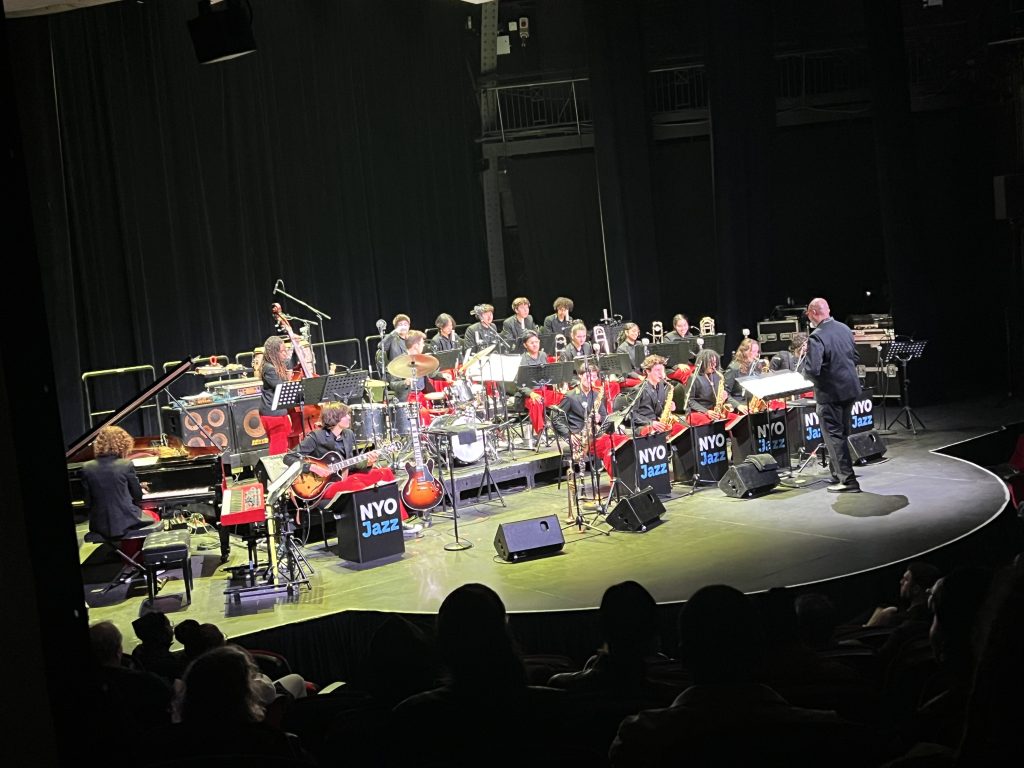
The significance of public diplomacy in contemporary foreign policy cannot be overstated. It serves as a powerful conduit for soft power, enabling countries to project their values, culture, and policies in a manner that fosters a positive image and builds enduring relationships. In this arena, the United States has established itself as a leader, effectively using cultural diplomacy to enhance its international standing.

This evening of 26 July 2024, I had the privilege of attending a performance by the NYO Jazz, a youth jazz band from the United States, at the Market Theatre in Johannesburg. The performance was nothing short of brilliant. The young musicians continually outdid themselves, with each song surpassing the previous rendition. Their repertoire included captivating interpretations of South African jazz songs, seamlessly blending local and American jazz traditions. This initiative, part of Carnegie Hall’s program that assembles the brightest young musicians from across the United States to train, perform, and serve as cultural ambassadors, exemplifies the essence of public diplomacy.
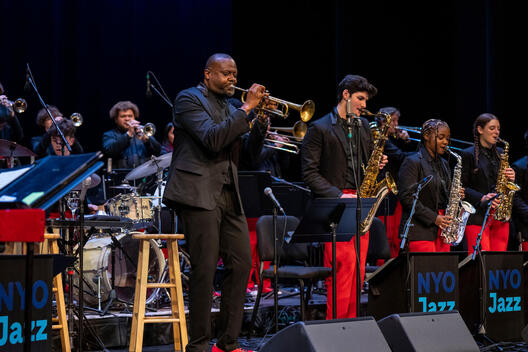
The NYO Jazz performance was a masterclass in musical excellence and cultural exchange. The improvisations and solos allowed the young musicians to showcase their immense talent. Standout performances included the pianist, percussionist, and two exceptional young female double bass players. The inclusion of South African saxophonist Linda Sikhakhane added a local flavour, creating a dynamic synergy with the young American musicians. The lineup also featured American jazz classics, further highlighting the rich cultural dialogue.
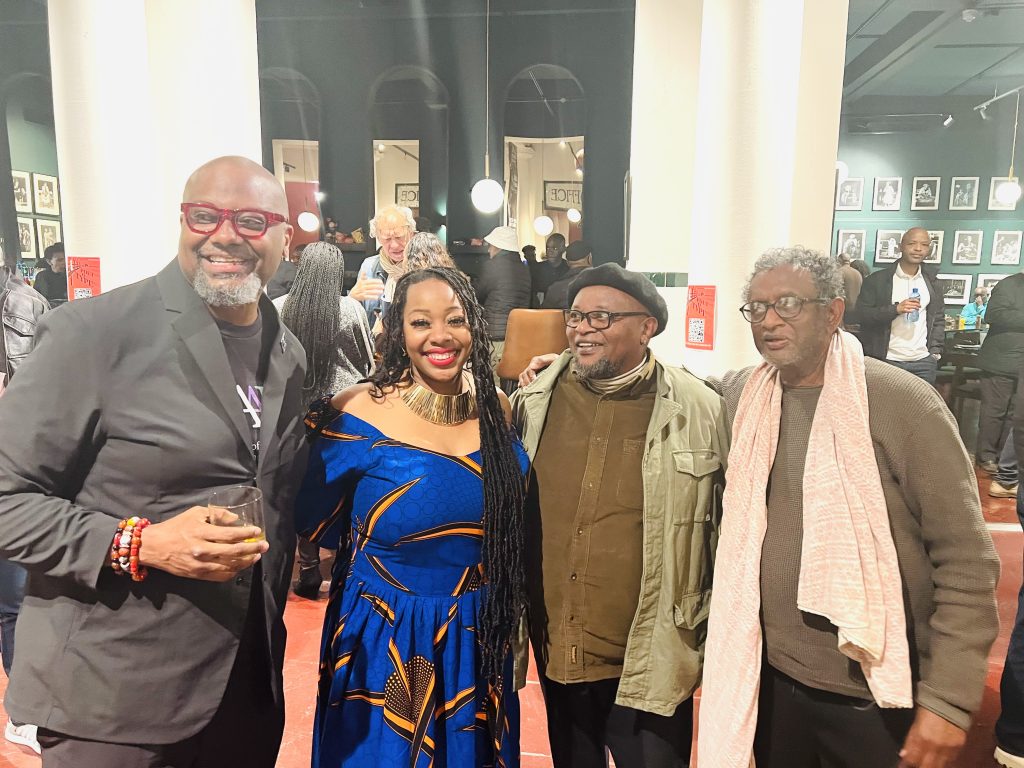
A special highlight was the participation of Alicia Olatuja from the US, whose performance added a layer of vocal brilliance. The conductor/ artistic director/ trumpeter Sean Jones, established a remarkable rapport with the audience, creating an electrifying atmosphere in the packed theatre. The event was graced by celebrated artists such as writer and painter Prof. Zakes Mda, musicians Sibusiso Mash Mashiloane and Prince Lengoasa, and media personalities including Nothemba Madumo.
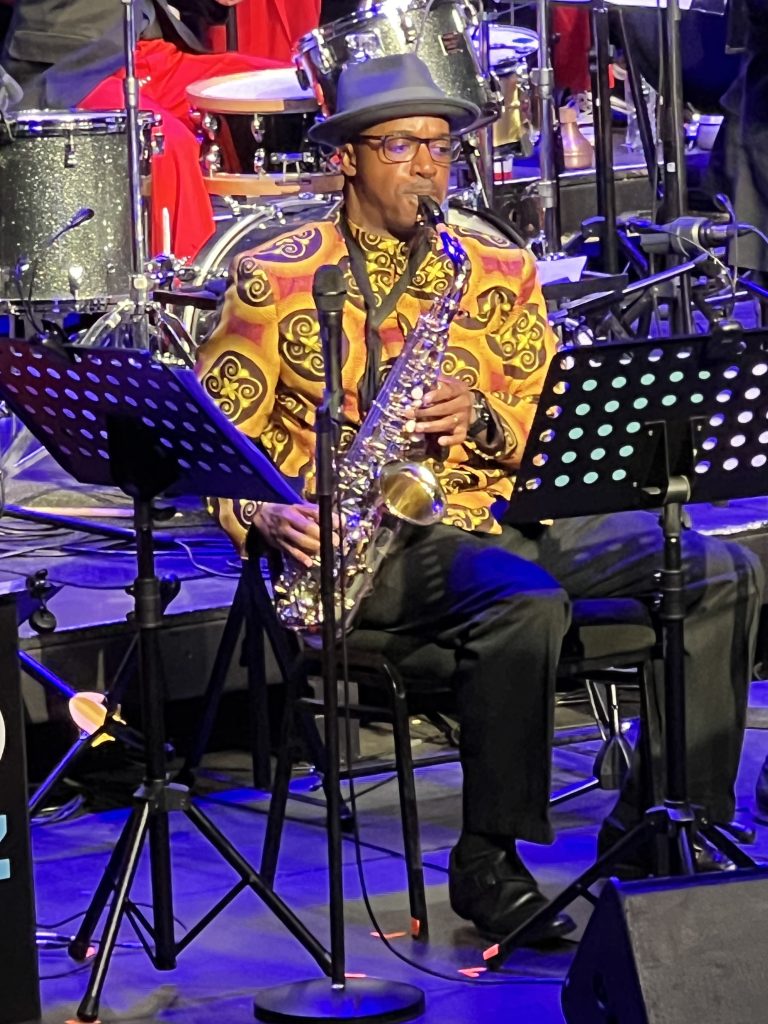
In a fitting close to the concert, the US Ambassador to South Africa, HE Reuben E. Brigety II , took the stage. Demonstrating the spirit of public diplomacy, he joined the band as a saxophonist for the final performance, leaving the audience in awe. His participation underscored the importance of cultural exchange and personal engagement in diplomacy.
This was soft power at play. Soft power, a term coined by political scientist Joseph Nye, refers to the ability of a country to influence others through attraction and persuasion rather than coercion or force. It encompasses the use of cultural assets, values, and policies to shape the preferences and behaviors of other nations. In contrast to hard power, which relies on military might and economic sanctions, soft power operates through more subtle means, such as cultural exchanges, education, and diplomacy. It seeks to build long-lasting relationships and mutual understanding, creating a positive image that can yield significant diplomatic and economic benefits.

Arts and culture play a crucial role in the soft power arsenal of any nation. Through music, film, literature, and visual arts, countries can project their values, traditions, and way of life to a global audience. Cultural diplomacy initiatives, such as international art exhibitions, music festivals, and academic exchanges, serve as platforms for fostering intercultural dialogue and understanding. They offer an opportunity to break down stereotypes, build bridges between diverse communities, and showcase the unique contributions of a nation’s cultural heritage. By investing in and promoting their arts and culture, countries can enhance their global standing, attract tourists and investors, and strengthen their influence on the world stage. As the example of the NYO Jazz performance in Johannesburg demonstrates, such cultural exchanges can create lasting impressions and foster goodwill, showcasing the profound impact of soft power in international relations.
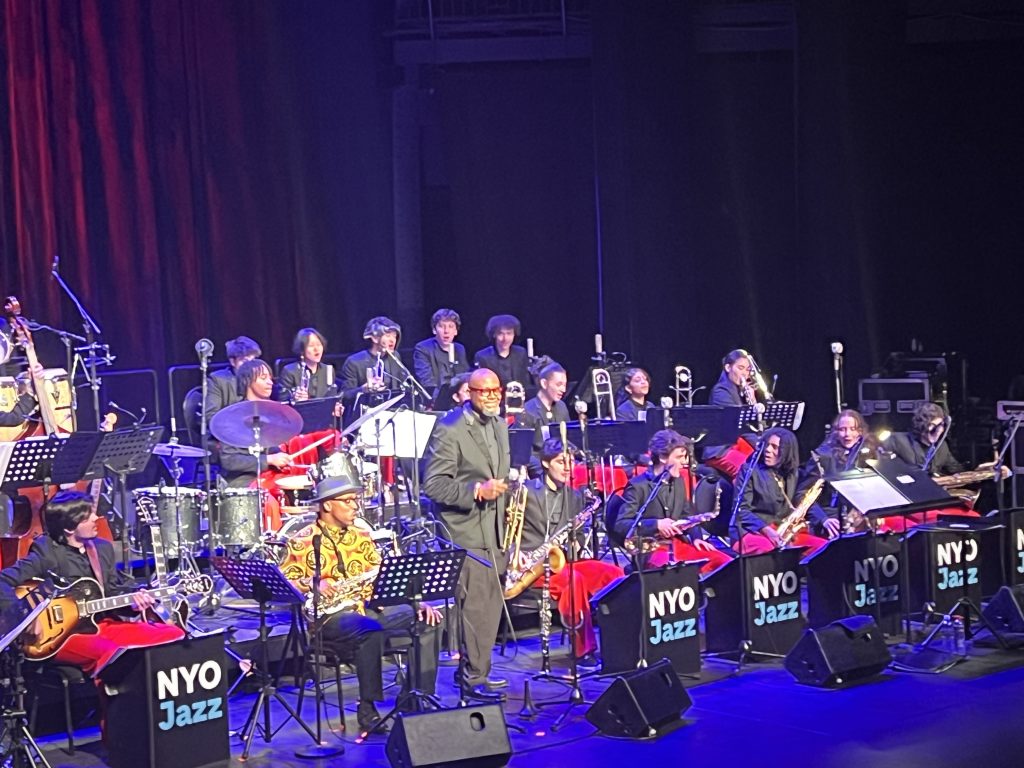
Furthermore, this event is a testament to the power of cultural diplomacy. It underscores the need for African countries to invest in their cultural output, as it is a vital medium for expressing our identity and values to the world. Embracing cultural diplomacy can be a potent vehicle for communicating the continental mantra: “The Africa we want”. By emulating such efforts, African nations can harness their rich cultural heritage to foster global understanding and build a positive international image.
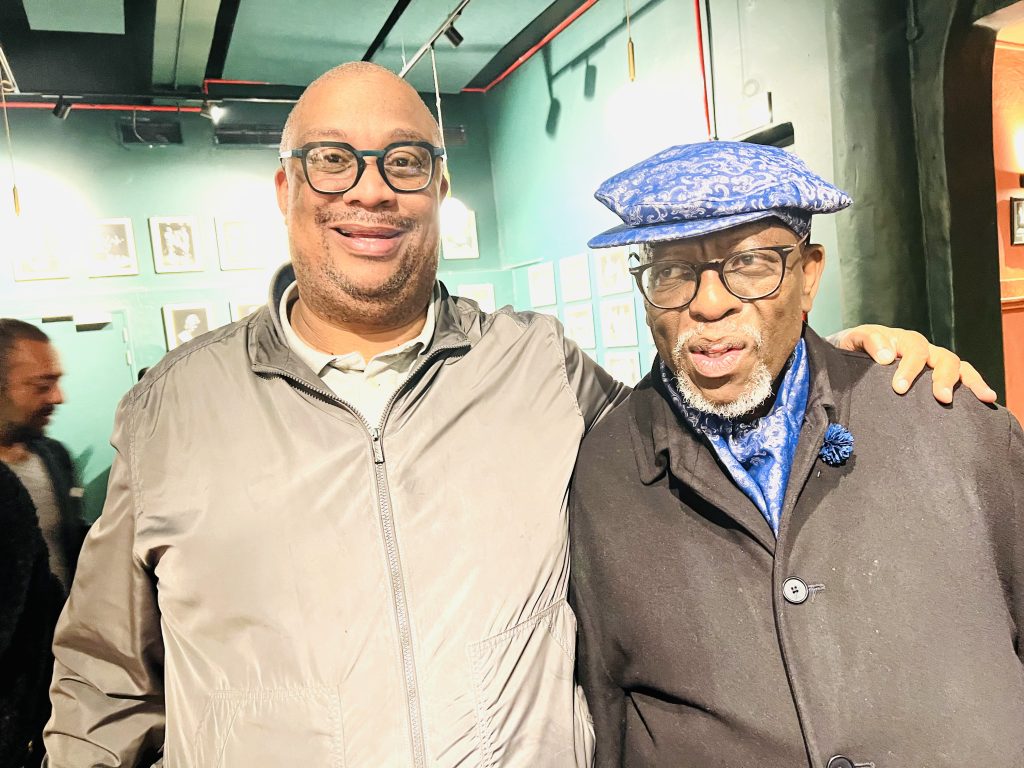
Tujenge Afrika Pamoja! Let’s Build Africa Together.
Enjoy your weekend.
Saul Molobi (FCIM)
PUBLISHER: JAMBO AFRICA ONLINE
and
Group Chief Executive Officer and Chairman
Brandhill Africa™
Tel: +27 11 759 4297
Mobile: +27 83 635 7773
Physical Address: 1st Floor, Cradock Square Offices; 169 Oxford Road; Rosebank; JOHANNESBURG; 2196.
eMail: saul.molobi@brandhillafrica.com
Website: www.brandhillafrica.com
Social Media: Twitter / Instagram / LinkedIn / Facebook / YouTube / Jambo Africa Online / WhatsApp Group / 101.9 Chai FM

